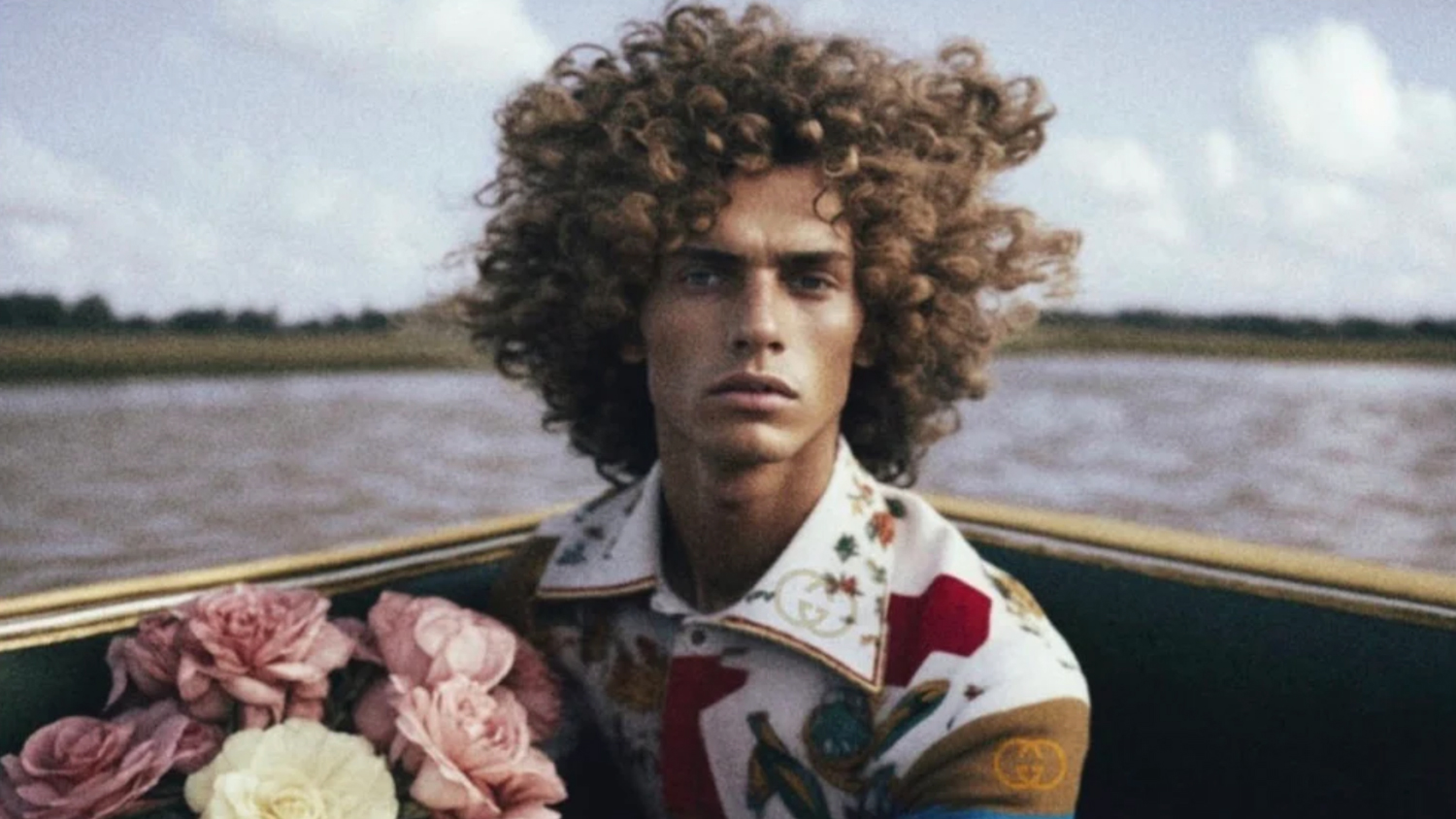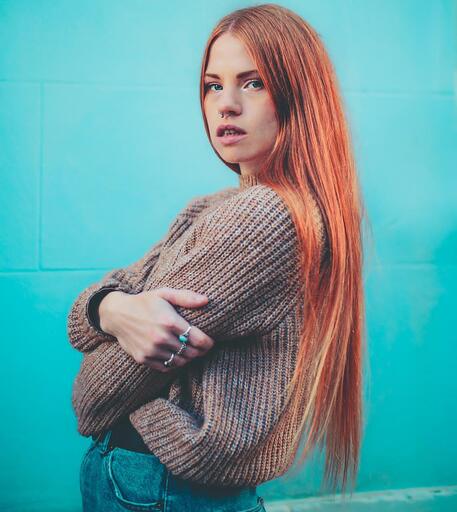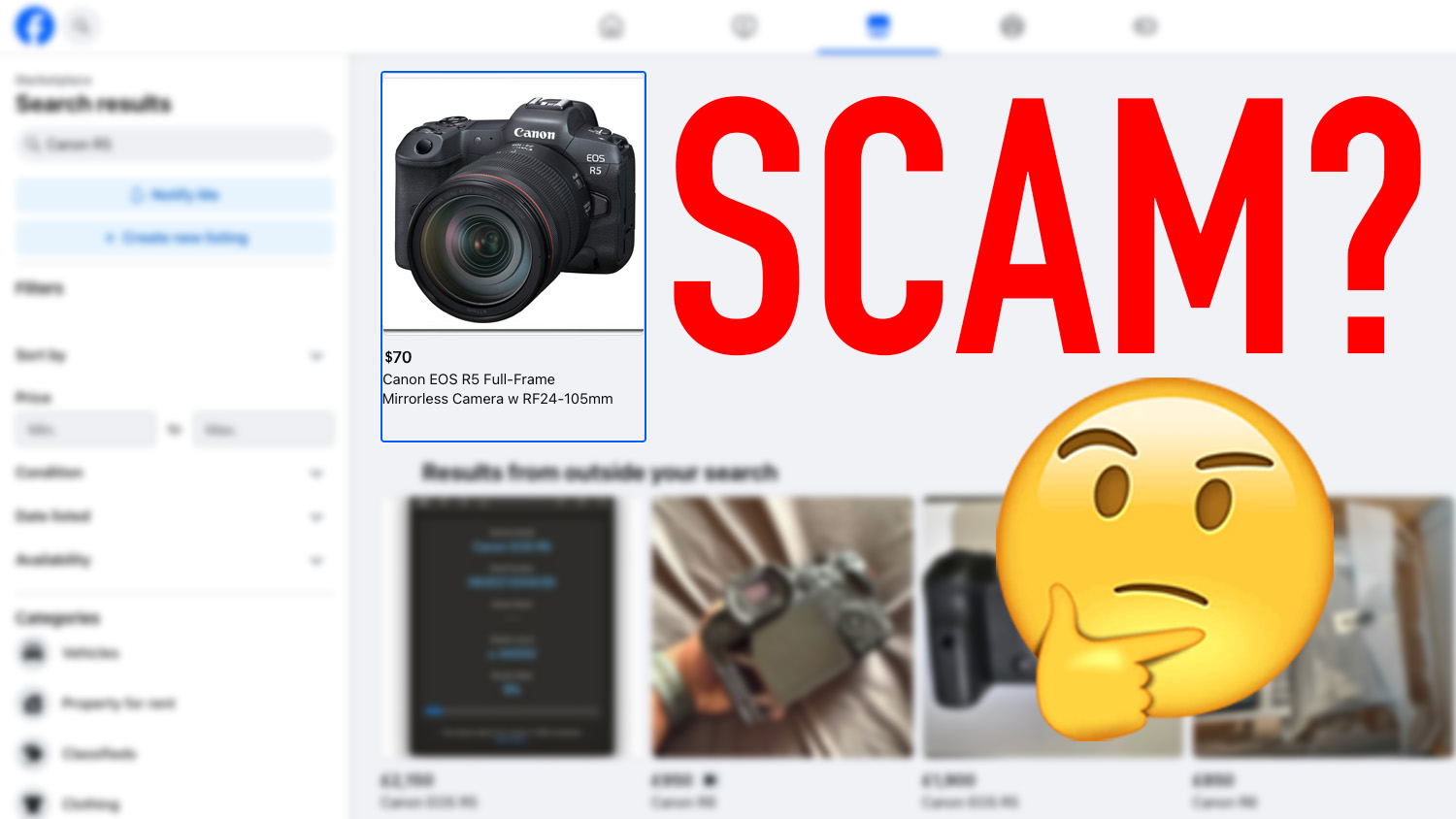When will photographers start owning up to using AI in their photos?
Yet another photographer has caused a stir by sharing AI-generated portraits without acknowledging that they're AI

Having your photo featured in Vogue (especially a print edition) is a career-defining moment for most portrait photographers. It’s the pinnacle of fashion magazines, bringing together the best designers, models and photographers. It’s the crème de la crème, the pièce de résistance, the fashionista's bible… but that didn't stop one featured photographer from unscrupulously sharing AI portraits on Instagram.
In the last few weeks, we have written about an AI image fooling judges of a photo competition, a French photography magazine that used an AI image as its cover shot and a "photographer" who fessed up to posting AI portraits. It’s literally impossible to get through the day without someone uttering those two letters, and every day it seems to gather more controversy.
• The best AI image generators in 2023
A post shared by Emanuele Boffa (@emanuele_boffa)
A photo posted by on
The latest AI scandal concerns Emanuele Boffa, a photographer / digital artist who has been featured on PhotoVogue – an online platform that connects photographers through Condé Nast’s global creative networks. It's recently come to light that several of the images featured on Instagram are actually generated by AI, but the artist hasn't listed them as such.
In a recent interview, Boffa told PetaPixel, "I'm a photographer, my photos for years have never been pure, but I don't have to justify myself." While that might be the case, no one is asking him to justify his actions – but it only seems fair to clarify whether something is original work or indeed created using AI.
A post shared by Emanuele Boffa (@emanuele_boffa)
A photo posted by on
Boffa wanted to stress that, even though a few of his images are AI-generated, he uses other editing software to create the final piece, and most of the work on his Instagram feed are photos he has taken in the traditional sense.
An artist is entitled to create in whatever way they wish, but there is a fine line between offering something up as your own and being honest about using artificial intelligence. I personally have no issues with people using aI (even though I fundamentally disagree with using it instead of hiring real artists and designers), but I firmly believe that should you go down that route it needs to be crystal clear for several reasons.
Get the Digital Camera World Newsletter
The best camera deals, reviews, product advice, and unmissable photography news, direct to your inbox!
In the comments section on many of Boffa's photos, people have posted things like "incredible photograph", a "frozen treasure of a frame" and "magnificent portrait". At these points Boffa could and should have owned up, but chose to remain quiet and replied with a simple love heart.
A post shared by Emanuele Boffa (@emanuele_boffa)
A photo posted by on
I don’t want to be guessing whether a photo is real or not – if it’s not then tell me, and if it is, I can enjoy it for what it is. Looking at Boffa’s feed, it’s hard to tell – and this is what frustrates me.
Even though you should never compare your work to someone else's, we're all human and it's hard not to. So if people start comparing their own work to that generated by a computer because they are misinformed, that's when AI starts to get ugly. As Roosevelt said, comparison is the thief of joy – but maybe AI is, too.
- AI image fools judges and wins photography competition
- When will photographers start owning up to using AI in their photos
- AI image generators: everything you need to know
- Top 10 AI tools in Photoshop (and is the rise of one-click editing)
- I tried out the MyHeritage AI image generator and the results freak me out

Having studied Journalism and Public Relations at the University of the West of England Hannah developed a love for photography through a module on photojournalism. She specializes in Portrait, Fashion and lifestyle photography but has more recently branched out in the world of stylized product photography. Hannah spent three years working at Wex Photo Video as a Senior Sales Assistant, using her experience and knowledge of cameras to help people buy the equipment that is right for them. With eight years experience working with studio lighting, Hannah has run many successful workshops teaching people how to use different lighting setups.
